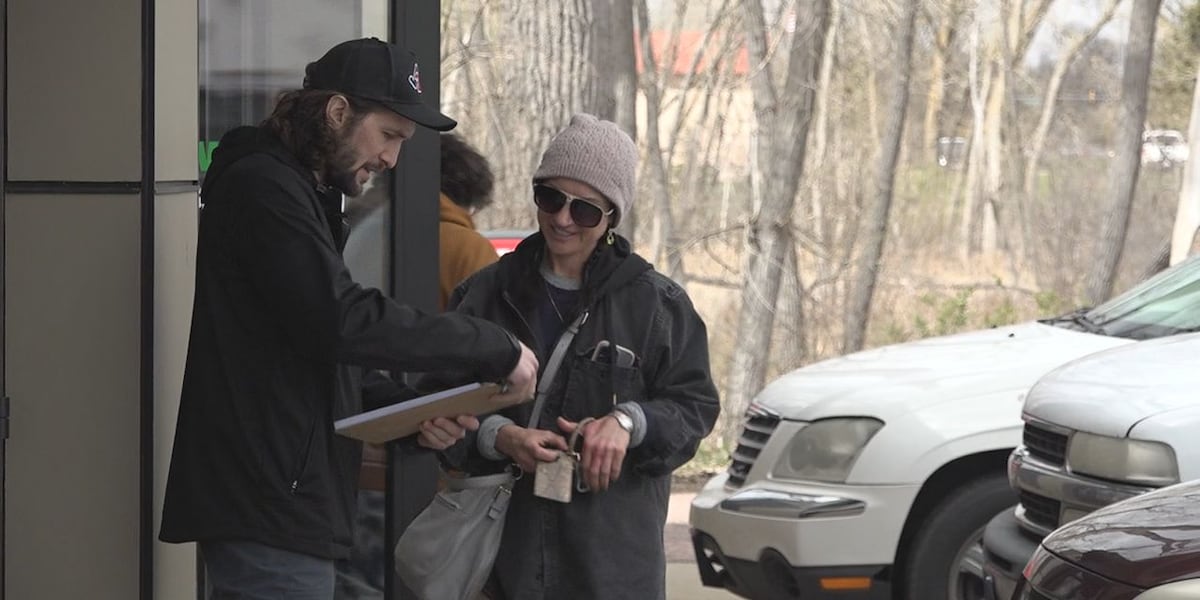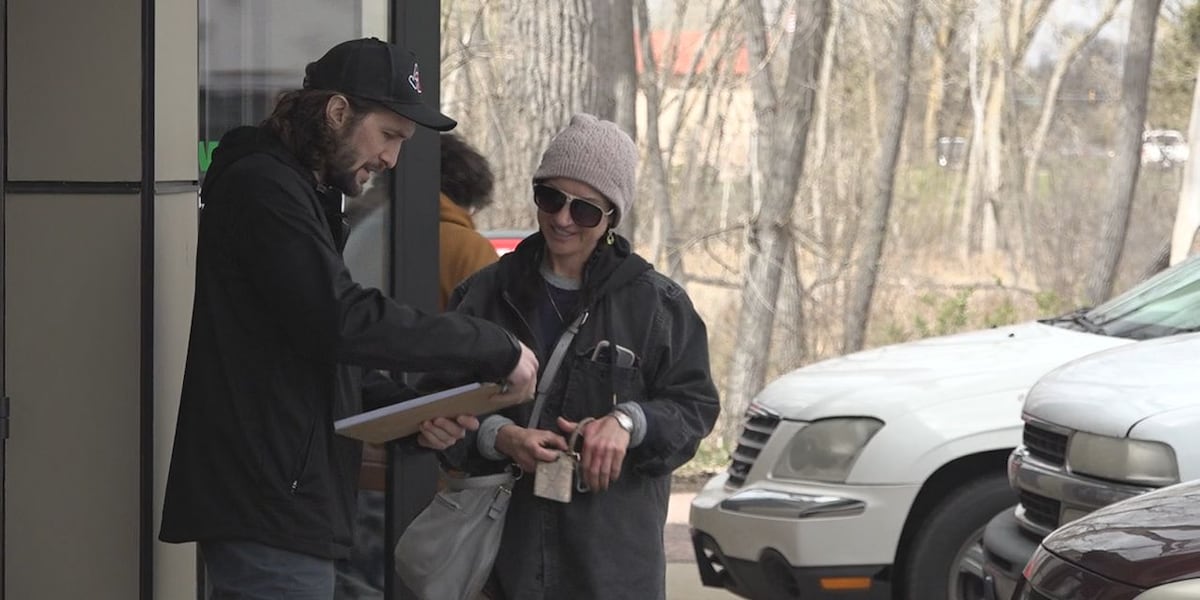Need assistance getting a cannabis business license? Schedule a Free Consultation

SIOUX FALLS, S.D. (Dakota News Now) – Petitions to put measures on the ballot for the 2024 election are due on May 7th. Campaigns like the one from the group South Dakotans for Better Marijuana Laws need to collect 17,508 valid signatures from registered South Dakota voters and submit them to the South Dakota Secretary of State by that date. At their last count about a month ago, they had received over 12,500 signatures and they plan to give an updated count after this weekend. They feel like they’re getting close, but they always aim for more than the requirement because some signatures will get thrown out. With just 17 days left, the push to put recreational marijuana on the ballot is ramping up, especially on a day like today.
For supporters of legalizing recreational marijuana April 20th, 4/20, is practically a holiday. But even on a holiday, getting signatures does not stop.
“I’ve worked on many signature drives and one thing I always see is that the closer you get to the deadline the more energy and urgency there is and we’re seeing that now,” explained Matthew Schweich, Executive Director Of South Dakotans for Better Marijuana Laws.
For a third election cycle, Schweich has been petitioning to put changes to cannabis laws on the ballot.
In 2020, South Dakotans voted to legalize cannabis, but some pushback in the courts prevented recreational marijuana legalization, instead only legalizing medical use. In 2022, a measure to legalize recreational marijuana was voted down. Schweich believes the third time is the charm.
“We do believe that the support is there among voters and we believe that the 2020 result was really a better reflection of the will of the people,” Schweich said. “We want to make sure that as many voters as possible get to weigh in on this issue.”
Schweich said that constituents have been ignored by politicians on this issue for many years.
“The best evidence of that is the 70% result on Measure 26. 70% of South Dakota voters wanted a medical cannabis law and for years South Dakota had one of the most punitive and harsh cannabis laws in the country, so the ballot initiative process which was created here in South Dakota over a century ago is there when politicians don’t listen and when voters need to take matters into their own hands so that our laws and policies truly reflect the will of the people of South Dakota,” Scheich said.
One constituent, Gayle Craik, has been using marijuana for medication. She said that it is the only medication that she has been taking for side effects from her ovarian cancer treatments, treating pain, depression, loss of appetite, nausea and sleep. She said she believed that the plant saved her life.
“My oncologist told me his average patient in my condition is on five to seven different medications. I’m only using marijuana,” Craik described.
Craik told a story of when she went to the Mayo Clinic in Rochester, Minnesota. She said that her doctor would have prescribed medical marijuana but with her medical card in South Dakota, they could not. Craik said that she believes legalizing marijuana recreationally in South Dakota will help ensure she can get her medication with her card in other states as well.
“We need recreational medication so that people like me can travel to those states, not only get their medication but legally use their medication,” Craik said.
Craik added that she believes that as a state with plenty of tourism, it makes sense to legalize marijuana recreationally so that tourists can use their medication while visiting.
Supporters hope that with a 2024 Presidential election more voters will go to the polls and if this measure does get put on the ballot, they hope the will of the people will be to legalize recreational marijuana. Schweich believes the stigma surrounding cannabis is slowly disappearing and he wants to keep the push for legalization going strong, despite some growing wary of their fight.
“There are some supporters of cannabis legalization who are fatigued. Now we’re in our third election in a row and I sympathize with that. To those people, I say, stepping back and not signing, not engaging, that’s what the opponents of cannabis reform want you to do. They want you to submit to their efforts to thwart the will of the people, whether that’s the amendment A lawsuit, which was a deeply unfair ruling, whether that was legislative attempts to weaken the medical law. We should not give them what they want. We need to keep fighting, keep pushing back and in the end we’re going to get good cannabis policies for South Dakota,” stated Schweich.
Copyright 2024 KSFY. All rights reserved.




